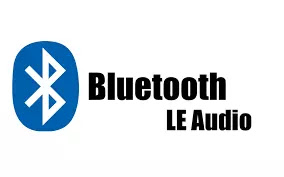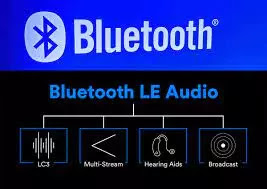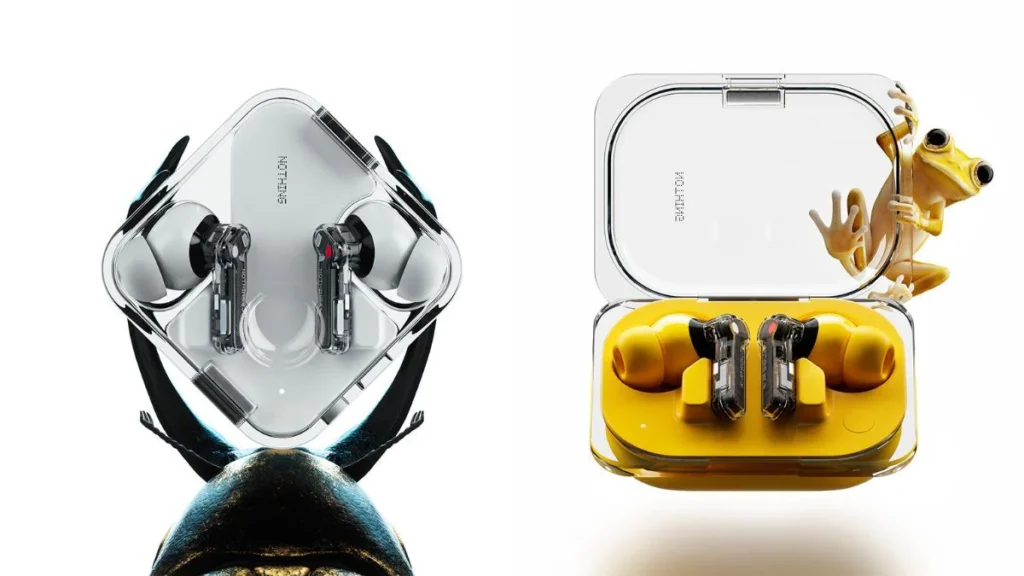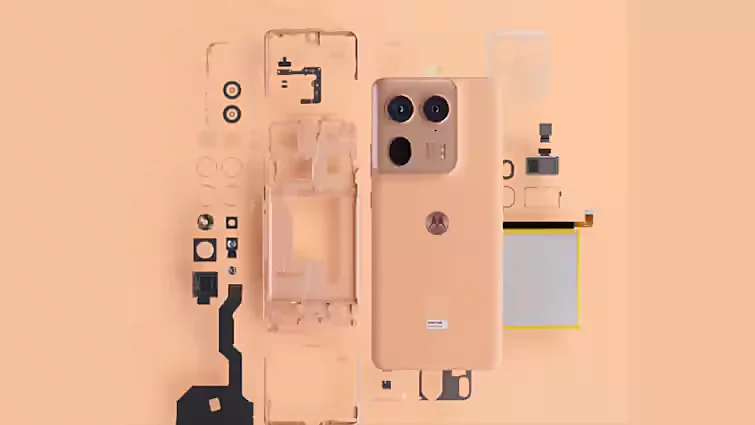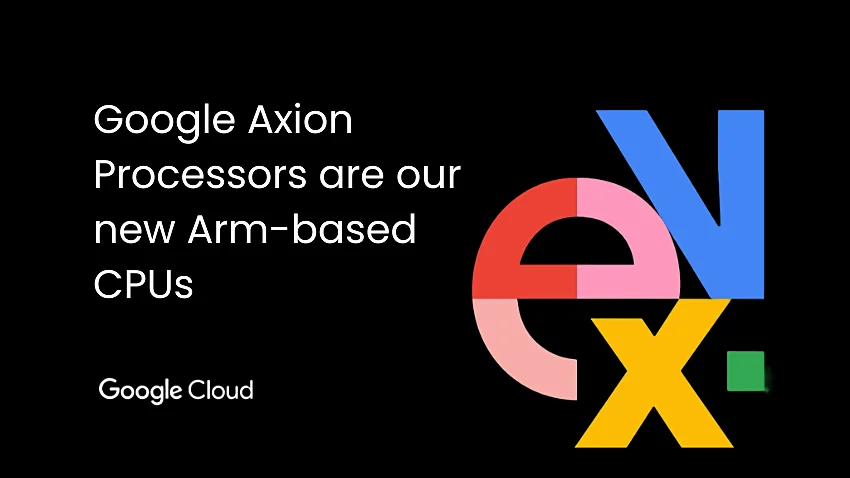Many Android phones are yet to receive the newest version of Android, which was officially launched on October 19. Samsung deserves credit for releasing the One UI 4 upgrade (which features Android 12) faster than expected.
And there are some nice rewards for Android users using Bluetooth LE Audio, including longer battery life and a more stable connection – all without having to endure reduced audio quality on mobile devices. Android 10 was the first version of the open-source operating system to include Bluetooth LE Audio Streaming for Hearing Aids (ASHA). This made it possible to support compatible headphones and earphones, resulting in significant savings and power consumption without loss of audio quality.
For example, because hearing aids are worn all day, some individuals need to preserve energy (except when sleeping). Bluetooth LE Audio was born from this technology. Laurel, the head of audiology at GN Hearing Christensen, was recently sued by AndroidPolice. The firm creates high-tech hearing aids that need extensive therapy and other energy-intensive technology. “We have to look about energy utilisation from that viewpoint,” Christensen added. For real broadcasting – for music and phone calls – we aim to utilise as little energy as possible.

